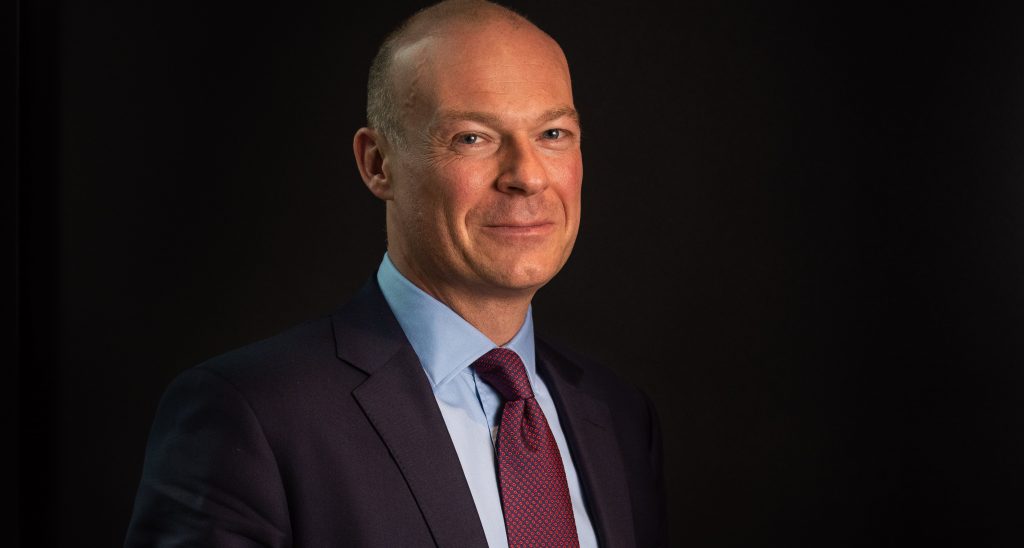
Bryan Cave Leighton Paisner
Out of office:
Box office politics
p50

Michael Castle, Deloitte Legal, on offering clients a tasty alternative
Supplement: Jem Sandhu reports on the acceleration of automation in legal businesses
Pinsent Masons details a bright new idea for a broad body of decision making professionals
Time to take a look at how the technology and innovation team works at TLT

Out of office:
Box office politics
p50

Upfront:
65 seconds with ...
p6

Feature:
Know the combination
p12

Brain Training:
Spark life
p20

Opinion:
Digitalise wide open
p9

Opinion:
Training on trial
p10

Feature:
Team profile
p16

Feature:
Team profile
p16

Feature:
Team profile
p16
Over half of respondents to the annual law firm survey from Smith & Williamson out last month cited “talent retention” as one of their top three concerns. Now, the ‘war for talent’ is a trend that Briefing‘s editor-in-chief Richard Brent has been talking about since he first started covering the legal industry back in 2006. But as competition continues to get a good shakeup (do check out our interview with Deloitte Legal – p12 – by the way) the confidence that firms can convincingly win it has apparently taken a tumble. High-profile moves – including in strategic operational roles – are much more common. And S&W makes the point that: “Outside of traditional law firms, new entrants to the UK market pose a challenge by offering greater flexibility in work patterns.”
Granted, some firms might take issue with that last point. But we at Briefing would suggest that if the business case for working much harder at improving, supporting and defending their workforce diversity wasn’t already apparent to firms, a growing talent-retention challenge might not be a bad place to begin a new thought process.

Following a string of strategic hires from across the legal sector, Michael Castle, UK managing partner for Deloitte Legal, sets out the key pieces of his inaugural strategy and tells Richard Brent why this business really can afford to do things differently.
The innovation and technology team at TLT talks to Richard Brent about how the firm’s Future Law R&D initiative has unfolded. The team explains the strategy and processes behind its drive to experiment more rapidly on a variety of projects and why some things can be stronger divided.
Weightmans managing partner John Schorah, and business services and innovation director Stuart Whittle, explain how the firm organises its innovation activity, which includes a collaborative approach to maximising the opportunities of data with Thomson Reuters.

